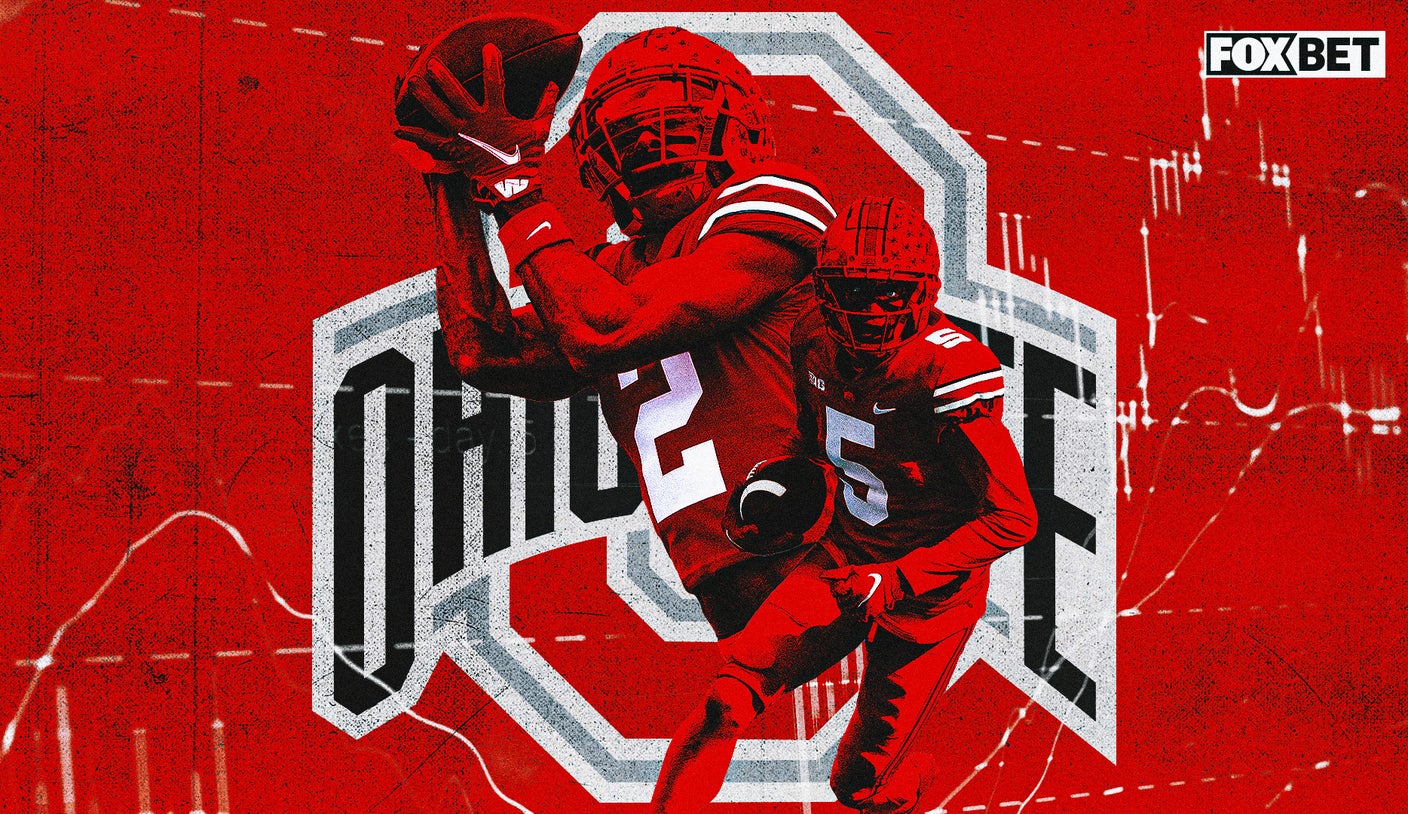
How will regulators tackle new technologies and business models going forward? That’s the question on everyone’s lips, and it’s one nobody really has the answer to.
The Gambling Commission was confronted with a unique problem when it encountered Football Index, which functioned more like a stock exchange than any traditional type of sports gambling.
When the business collapsed, its players were left out of pocket for thousands of pounds, leading many to criticise the Commission for a ponderous response and a fundamental misunderstanding of how the website operated.
But according to the watchdog’s new CEO, Andrew Rhodes, it was Britain’s regulatory framework that hamstrung the organisation more than anything else.
Rhodes took to the watchdog’s blog to answer the public’s questions on the affair, addressing a range of issues.
In one of his responses, the executive asserts that Football Index’s most controversial feature, the speculative nature of its bet transactions between users, was not covered by the Commission’s scope.
“The ability to sell bets/shares between users was something the company put in place immediately, but it did so without any permission. This is a feature that sits outside gambling regulation and is something the Commission would be likely to refuse and had done so before,” remarked Rhodes.
“The Commission is not able to continuously monitor gambling operators and that is not what the regulatory framework or funding model has been built to do.”
The Commission is not able to continuously monitor gambling operators and that is not what the regulatory framework or funding model has been built to do Andrew Rhodes, Gambling Commission CEO
While the CEO sought to reassure the public that the regulator was reworking its approach to “novel products,” it’s hard to imagine how well the watchdog will be able to respond to some of the newer developments taking place.
Though the Commission has given little indication of what its reworked approach may entail, a recent incident suggests that the regulator is looking to play a more proactive role.
Hot on the heels of the Football Index drama, the Gambling Commission put NFT fantasy football site Sorare.com on notice when it cautioned customers against using the platform, alongside launching an inquiry to determine whether the company’s digital trading card game constituted gambling or not.
Football Index was a different take on a tried-and-tested financial model, but Sorare represents an entirely new frontier for the industry, pioneering some of the latest breakthroughs in blockchain technology while the rest of the gaming sector is still getting to grips with cryptocurrency.
Clearly the Commission has recognised this, but as long as Sorare’s services exist outside of the regulator’s working definition of sports betting and gambling, then it’s virtually powerless to do little else other than issue warnings.
The watchdog’s social responsibility and anti-money laundering rules are built with more traditional forms of financing in mind, and very quickly crumble in the face of crypto and other blockchain-derived technologies.
The Gambling Act, the legislation that created the Commission in the first place, was passed into law in 2005, four years before Bitcoin was even a thing, and despite attempts from both the Government and the regulator to address the issues cryptocurrencies pose, there are no specific UK laws referring to the digital tender.
However, from the final summary of Rhodes’ blog, the Commission is looking to take advantage of the upcoming Gambling Act Review to bolster its ability to respond to an “ever-changing environment.”
“As Accounting Officer, I take responsibility for the Commission and the actions we take as a result of what happened and there are many things we already do differently; and there are things that will form part of our advice in response to the Gambling Act Review,” he concluded.



